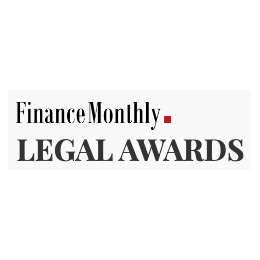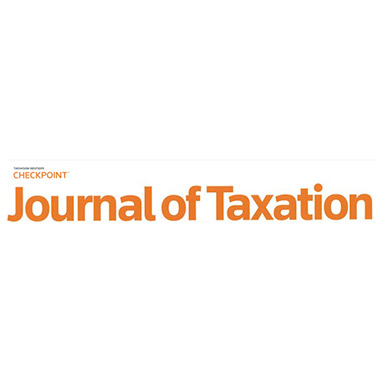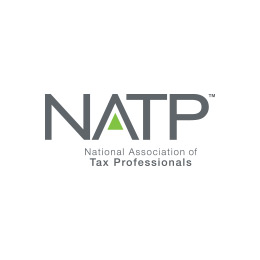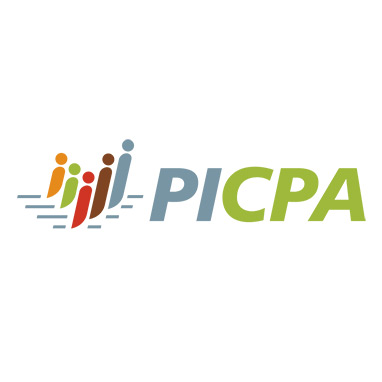Navigating the labyrinthine landscape of tax laws can be overwhelming for many taxpayers. One area that often leads to confusion and potential legal strife is tax deductions, which can significantly reduce a taxpayer’s liability if used correctly.
However, incorrect or improper use of deductions can lead to severe penalties, including potential criminal charges. The complexities of tax deductions make it crucial for you to seek professional legal advice from our team. If you are facing potential legal trouble related to your tax deductions, our attorneys can help you understand the nuances of the rules, identify potential issues, and provide you with guidance on how to avoid penalties.
Call McCormick Tax Law at (888) 973-3503 for a free case review with our attorneys for taking improper tax deductions.
Types of Improper Tax Deductions
Generally, an improper tax deduction occurs when a taxpayer claims a deduction that they are not entitled to or inflates the value of a legitimate deduction. This could involve claiming deductions for personal expenses, exaggerating business expenses, or even fabricating deductions entirely. Fortunately, our attorneys for taking improper tax deductions can help defend your case if you have been accused of these practices. The following are the most common types of improper tax deductions the IRS investigates.
Personal Expenses Disguised as Business Deductions
Improper tax deductions can come in many forms, but one common type is when individuals attempt to disguise their personal expenses as business deductions. While it is acceptable for taxpayers to claim legitimate business expenses, like office supplies or travel costs that are related to the business, some might try to claim personal expenses, such as home renovations or family vacations, as business expenses.
When this happens, and the IRS discovers that these expenses are not legitimate business expenses, they will disallow the deductions and might even impose penalties. The IRS has strict rules and regulations in place to prevent taxpayers from misusing deductions and attempting to claim personal expenses as business deductions, which is considered tax fraud. As such, it is crucial to ensure that only legitimate business expenses are claimed as deductions to avoid legal and financial repercussions.
Inflated Charitable Contributions
When it comes to filing taxes, charitable contributions can be a tricky area to navigate. While individuals and businesses alike can claim deductions for donations made to qualified charitable organizations, it is important to ensure that these deductions are claimed accurately.
Unfortunately, some taxpayers might attempt to inflate the value of their donations or claim donations that were never actually made in order to reduce their taxable income. However, if the IRS discovers these discrepancies during an audit, it could result in significant penalties and legal trouble. Therefore, keep detailed records of all charitable contributions made throughout the year, including receipts and acknowledgments from the organization, to ensure that you are accurately claiming any deductions you are entitled to.
Fabricated Deductions
Taxpayers might sometimes resort to fabricating deductions on their tax returns, which involves claiming expenses or deductions that do not actually exist. This could include falsely claiming deductions for non-existent businesses, fictitious dependents, or imaginary expenses.
Fabricating deductions is a serious offense that constitutes tax fraud and can result in criminal charges. Taxpayers who engage in such fraudulent activities not only face legal consequences but also risk damaging their reputation and financial stability.
Misuse of Education and Childcare Credits
Education and childcare credits are tax benefits that can significantly reduce the tax burden for eligible families who have children under the age of 13. These credits can be claimed by parents or guardians who have incurred expenses related to the care of their children while they were at work or attending school. However, it is essential to use these credits correctly, as any errors or misrepresentations can lead to the disallowance of the credits and the imposition of penalties by the IRS.
To qualify for these credits, the expenses must be incurred for eligible children. The IRS defines an eligible child as one who is under the age of 13 and who is claimed as a dependent on the taxpayer’s tax return. Moreover, the expenses must be related to care that enables the parent or guardian to work or attend school. Any expenses that are not directly related to the care of the child, such as overnight camp fees or tutoring services, are not eligible for these credits.
Thus, you must keep accurate records of all expenses related to childcare and education so that these expenses meet the IRS’s criteria for eligibility. Failing to do so can result in the disallowance of the credits, which can have significant financial consequences for families.
Possible Penalties for Taking Improper Tax Deductions
The penalties for taking improper tax deductions are severe and far-reaching, serving as a powerful deterrent against such behavior. They underscore the importance of understanding and correctly applying tax laws when claiming deductions. The following are the potential penalties the IRS can assess for taking improper tax deductions:
Monetary Penalties
At the heart of the IRS’s penalty structure for improper tax deductions are monetary fines. These vary depending on the nature and severity of the violation. For instance, a negligence penalty might be imposed if the IRS determines that a taxpayer failed to make a reasonable attempt to comply with the tax laws or to exercise ordinary and necessary care in the preparation of their tax return. This penalty is typically 20% of the underpayment attributed to the negligence.
In cases involving substantial understatement of income tax, which occurs when the understatement exceeds the larger of 10% of the correct tax or $5,000, the IRS might impose a 20% penalty on the amount of the understatement. In more severe cases, such as civil fraud, the penalty can be as high as 75% of the underpayment attributable to fraud.
Interest Charges
In addition to penalties, the IRS also charges interest on unpaid taxes and penalties. Interest begins accruing from the due date of the return until the tax is fully paid. This can significantly increase the overall amount owed and can compound over time if the tax liability is not addressed promptly.
Criminal Charges
In extreme cases, taking improper tax deductions can result in criminal charges. Tax evasion, which is a felony, involves willfully attempting to evade or defeat any tax imposed by the IRS. If convicted, a taxpayer could face a prison term of up to five years and a fine of up to $100,000 for individuals or $500,000 for corporations.
Another possible criminal charge is filing a false return, which involves willfully making and signing a return, statement, or other document that the taxpayer does not believe to be true and correct as to every material matter. This felony can lead to imprisonment for up to three years and fines similar to tax evasion.
Our Attorneys for Taking Improper Tax Deductions Can Help Defend Your Case
For a free evaluation with our attorneys for taking improper tax deductions, contact McCormick Tax Law at (888) 973-3503.










